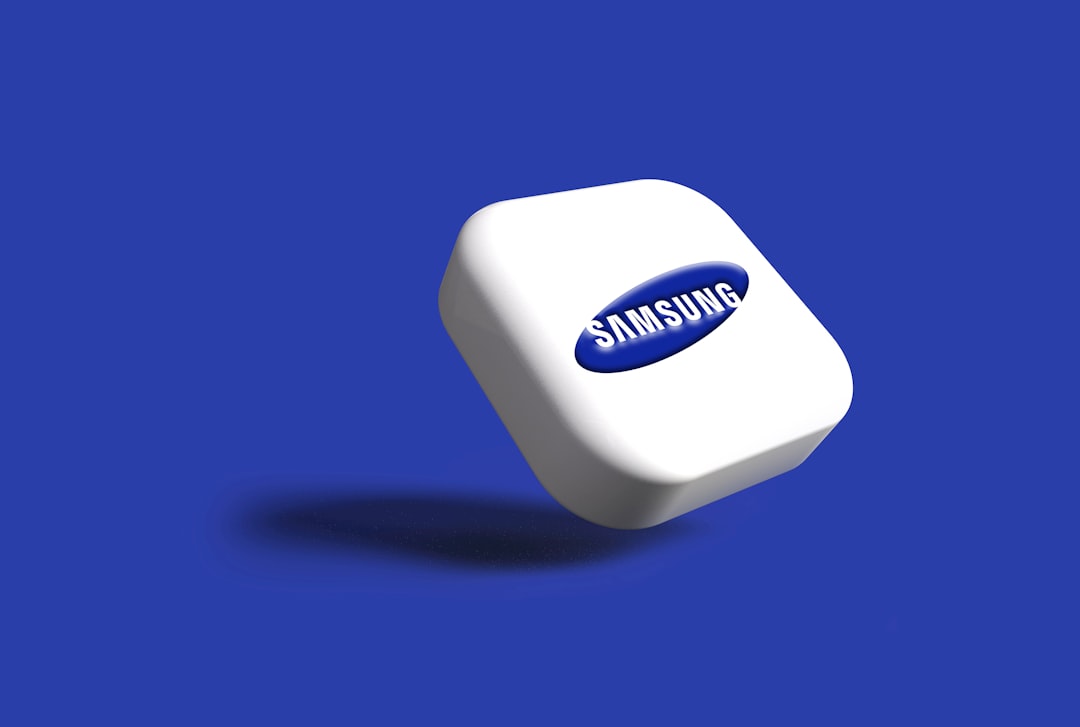Hardware acceleration is a feature in modern browsers that utilizes the computer’s GPU (graphics processing unit) to render content more efficiently and improve performance. The Zen Browser also includes this capability, allowing users to enable or disable it based on their specific needs. Understanding when to turn hardware acceleration on or off can enhance browsing speed, fix compatibility issues, or prevent unexpected crashes.
What is Hardware Acceleration in Zen Browser?
Hardware acceleration in Zen Browser improves performance by offloading tasks from the CPU to the GPU. This is particularly useful for graphics-intensive tasks such as multimedia playback, web animations, or complex web applications. However, in certain cases, enabling it may cause problems like flickering videos, crashes, or high GPU usage.
Why Enable or Disable Hardware Acceleration?
There are a few reasons a user may want to toggle this feature:
- Performance Boost: Enabling hardware acceleration can make browsing smoother by utilizing the GPU for rendering.
- Fixing Display Issues: If Zen Browser displays flickering videos, black screens, or sluggish animations, turning off hardware acceleration might resolve these problems.
- Reducing CPU Load: Shifting graphical tasks to the GPU reduces CPU strain, which can improve overall system performance.
- Compatibility Concerns: Some older computers or incompatible graphics drivers may face issues with hardware acceleration, requiring it to be disabled.
Steps to Enable or Disable Hardware Acceleration in Zen Browser
Adjusting hardware acceleration settings in Zen Browser is straightforward. Follow these steps to enable or disable it:
- Open Zen Browser: Launch the browser on your computer.
- Access Settings: Click on the three-dot menu in the upper-right corner and select Settings.
- Navigate to Advanced Settings: Scroll down and click on Advanced to expand more options.
- Find the System Section: Under the System category, locate the option labeled Use hardware acceleration when available.
- Toggle the Setting: Turn the switch on to enable hardware acceleration or off to disable it.
- Restart Zen Browser: A prompt may appear asking to restart the browser for changes to take effect. Click Restart.
When Should You Disable Hardware Acceleration?
Although hardware acceleration generally improves performance, there are situations where disabling it might be necessary:
- Frequent Freezing or Crashing: If Zen Browser crashes unexpectedly, hardware acceleration might be the cause.
- Visual Glitches: Users experiencing screen tearing or black screens while watching videos should try disabling this feature.
- High GPU Usage: For older or underpowered PCs, hardware acceleration might increase heat and power consumption, impacting performance negatively.

Conclusion
Deciding whether to enable or disable hardware acceleration in Zen Browser depends on individual needs and system specifications. While enabling it can enhance performance and responsiveness, some users may face issues requiring them to disable it. If encountering any problems, toggling this option can be an effective troubleshooting step.
Frequently Asked Questions (FAQ)
1. What does hardware acceleration do in Zen Browser?
It allows Zen Browser to offload graphical tasks to the GPU, improving performance and reducing CPU load.
2. Should I enable or disable hardware acceleration?
Enable it for better performance but disable it if you experience crashes, screen flickering, or visual glitches.
3. Will disabling hardware acceleration make my browser slower?
It depends on your system. Older computers or incompatible GPUs may perform better without hardware acceleration.
4. How can I tell if hardware acceleration is causing issues?
If your browser frequently crashes, displays graphical glitches, or videos appear distorted, disabling hardware acceleration may resolve the issue.
5. Does hardware acceleration affect gaming in the browser?
Yes, enabling it can improve the performance of browser-based games by using the GPU for rendering graphics.



